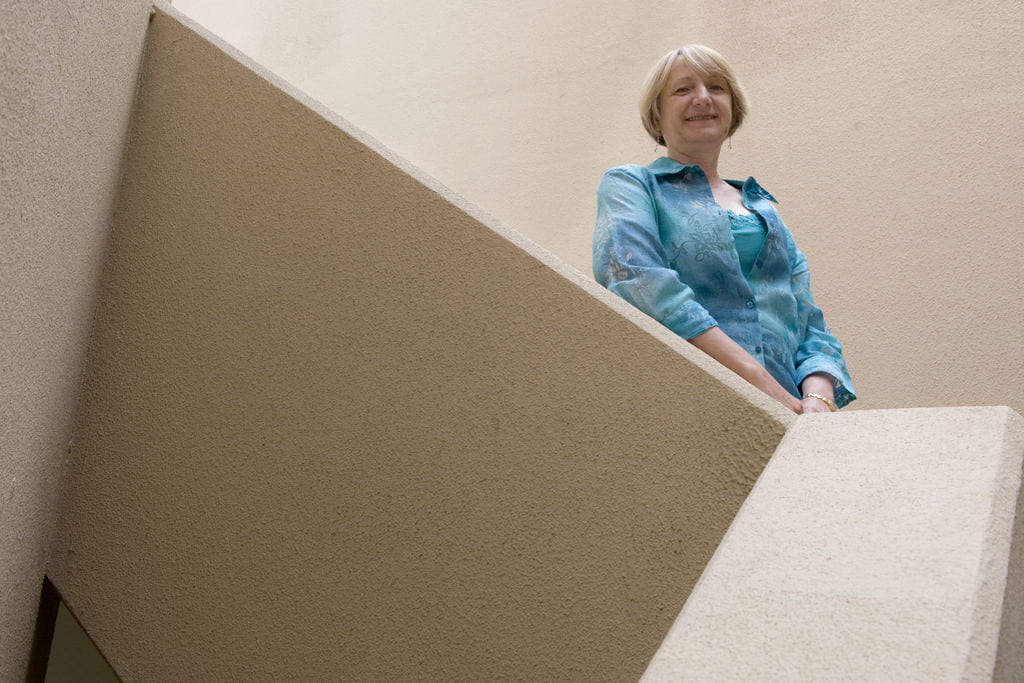Keeping science funding flowing
Noted virologist Rozanne Sandri-Goldin influences research both in and out of the lab.

Rozanne Sandri-Goldin has forged a career that would be the envy of many scientists. Her research on the activity of herpes simplex virus genes earned her election to the prestigious American Academy of Microbiology. She recently completed a 10-year stint as editor of the Journal of Virology, the top academic publication in her field. And she’s starting a term as president of the American Society for Virology.
For sheer impact, though, it’s tough to top her latest gig: chair of a federal review committee that allocates $20 million to $30 million a year for basic research on viruses.
Leading the Virology B Study Section of the Center for Scientific Review — a division of the National Institutes of Health — may not be as exciting as discovering how a specific protein triggers recurring viral infections, but it’s integral to how U.S. science is conducted.
“The way to do research is to get funding, particularly from the NIH,” says Sandri-Goldin, professor and chair of microbiology & molecular genetics at UC Irvine’s School of Medicine. “Money from these grants not only fuels scientific discovery but provides support for thousands of graduate students, postdoctoral researchers and lab techs across the country.”
The Center for Scientific Review organizes more than 100 peer-review groups from various fields to assess research grant applications sent to the NIH. They evaluate proposals for scientific merit, assigning each a score and ranking them on a percentile basis.
The NIH awards at least $30 billion annually, but only the proposals with the highest percentile rankings win grants. Sandri-Goldin’s study section, which has 25 members, forwards its reviews to the NIH division for allergy and infectious diseases, which funds the top 11 percent; 89 percent are denied.
“It’s an honor and a huge responsibility to chair this committee, but it doesn’t necessarily make you more popular in your field,” says Sandri-Goldin, who joined the UCI faculty in 1983.
Study section members, all volunteers, are required to evaluate dozens of proposals before convening at three annual two-day meetings in Bethesda, Md., to discuss and score them. Each member receives $200 per diem for meeting attendance, plus travel and hotel costs.
For well-established researchers like Sandri-Goldin, heading a peer-review group is just one of myriad administrative and committee duties that eat up a good amount of time. “You’re always connected to your Blackberry,” she says.
But such trade-offs are more than worth it.
“I get to do what I love,” Sandri-Goldin says, “which is teach, do research and explore the important questions of virology that continue to fascinate me to this day.”